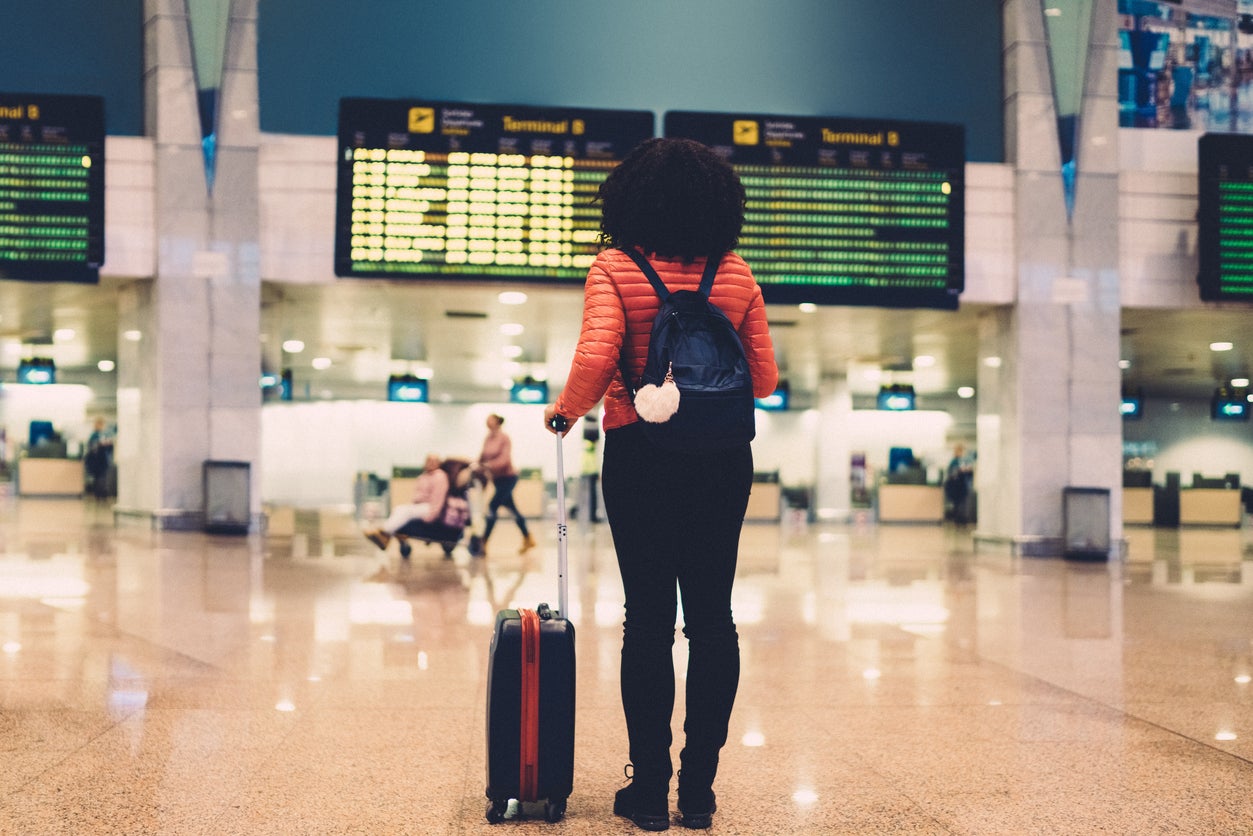Are insurance companies the emerging villains of the pandemic?
Shabby services, bureaucratic mazes and a communications limbo. The latest report into denied claims by consumer group Which? doesn’t paint a pretty picture of the industry, writes James Moore


The insurance industry is rapidly emerging as a villain of the pandemic.
Which? this morning has some petrol to pour onto a fire already raging as a result of claims getting denied because of our old friend small print, or lost in a bureaucratic maze, or shifted into someone else’s inbox.
The consumer group asked 95 members who have made insurance claims over the last nine months to keep a diary tracking their experience. More than four in 10 of them said claims were linked to Covid-19.
The organisation says the diaries exposed “recurring problems with the claims process after many faced communications limbo, inflexible procedures and companies shifting the blame”.
It says that around a third of its diarists reflected negatively on insurers’ handling of claims and only nine reported having their claims settled in the time during which they kept their diaries.
Now, the industry will inevitably fire back, probably by pointing out that the sample size here is a relatively small one. It also usually has a ready supply of figures of its own designed to paint it in a rather better light than Which? does.
Its problem is that the Which? report rather plays into an established narrative, which holds that while insurers are only too quick to offer up policies for sale, they’re a lot slower when the holders of those policies have cause to claim on them when they’re impacted by the sort of unforeseen events they thought they’d bought cover against.
Commercial Union, which merged with General Accident and then Norwich Union to create the giant company we know today as Aviva, used to advertise its policies by saying “we won’t make a drama out of a crisis”. The industry’s critics hold that it too often does.
If Which? is correct, if the sort of shabby service and shenanigans its diarists had to put up with is widespread, then it could be cutting off its nose to spite its face.
These are the sort of findings that tend to lead to calls for more aggressive, and interventionist, regulation.
It certainly doesn’t look as if the Financial Ombudsman Service will be short of work now the Payment Protection Insurance (PPI) scandal, a creation of the banks, is largely in its rearview mirror.
Unhappiness with the industry may not be confined to personal lines.
The pandemic has led to a hardening of the market in the corporate sector too. Premiums are rising, capital is lining up to take advantage.
But this too has consequences. As one industry player told it to me: “We’re trying to push through some big price increases and you wonder whether they may be the straw that breaks the camel’s back for some of the companies we cover.”
They were particularly concerned about travel companies and made the point that they and others might feel less than impressed with their employer as a business partner because of its behaviour.
Mind you, it’s probably also true that those customers will be only too well aware that the insurer down the road isn’t likely to be much different. Competition in this industry isn’t always what it might be or what it seems.
Back to personal lines, where there are multiple brands apparently competing with each other but only a relatively small number of underwriters behind them. And it’s the underwriters that set the price.
The Competition & Markets Authority looked at the motor insurance market a couple of years ago, and upset the industry while so doing.
The Financial Conduct Authority has issued guidance to financial firms facing claims from consumers trying to recover the costs of lost travel, but Which? says it could do more to “facilitate greater cooperation between the travel sector and financial services”.
Were either watchdog minded to go further, they’d probably find themselves pushing at an open door.
Join our commenting forum
Join thought-provoking conversations, follow other Independent readers and see their replies
Comments